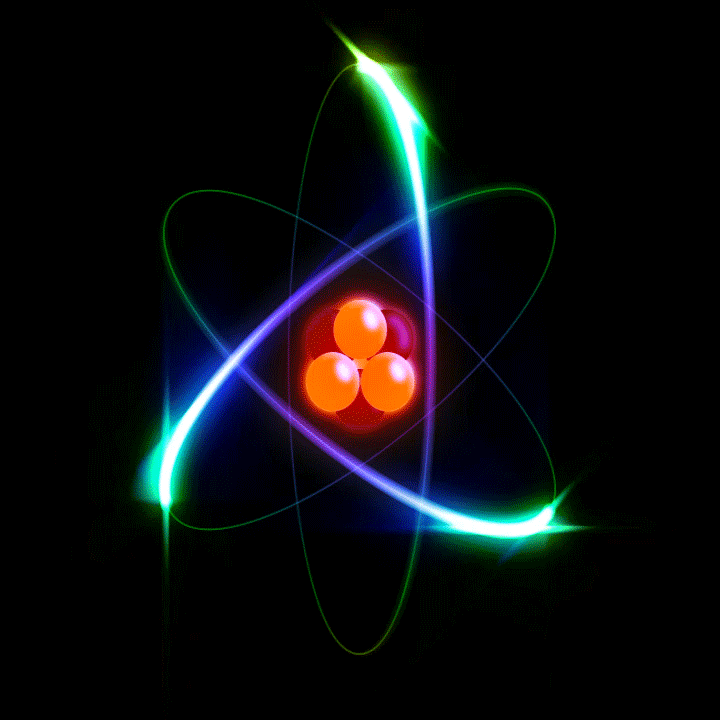As cliché as this phrase would sound, I had the luxury of learning it from practice rather than from hearing.
I spent 3 years of my life working on optically pumped vapor cesium magnetometers in the nEDM (neutron Electric Dipole Moment) experiment at PSI. For almost 10 years, it was believed by experts that cesium magnetometers are absolute magnetometers, with 100% accuracy, and it was believed that a magnetometer is only limited by its sensitivity.
This was believed in an experiment where the relative precision of the measurement required is $10^{-10}$. After spending three years with this belief, which was as long as 10 years for others in my group, and while I was investigating another quantum mechanical effect called “The Quadratic Zeeman Effect”, I stumbled upon an effect that relates the laser power to an absolute shift that could reach 100 pT; which is a relative accuracy shift of $10^{-4}$. Yes, 6 orders of magnitude were omitted for all those years, just because an inherited belief was carried on from one person to the other; with no experimental measurement that proves that cesium magnetometers are really absolute magnetometers.
Although I left religions long years ago, where I realized back then that faith never leads to anything related to the truth; I never realized that faith could find its way into my life again, in some other way.
Opposing faith while seeking the truth about reality is one of the greatest challenges a researcher could face. One would never realize where faith could sneak into your science career to ruin something you’re doing.
Be aware of it!
Cheers, I learned my lesson 🙂

I agree with you that faith has nothing to do with science or with the truth related to science. But do you think there should be a limit to this skeptical thinking? I mean shall physicists keep questioning and examining the gravity force of Earth for example (the existing of the force or even the magnitude of it: 9.8m m/s^2)?!
The existence of a force of that amount toward the center of the earth is not a question and doesn’t have to be investigated further. But the question is the absoluteness of this force when looked at in the quantum scale, for example. Does Newton’s gravitational law hold in the quantum, subatomic scale? How deep can we go with it? Can this force be unified with other forces? Those are examples of questions that still have to be investigated, and do not conflict with the experimental findings.
The nice thing about science, is that a conflict will always lead to a new discovery. In the case of cesium magnetometry that I was discussing in this post, because of this, most likely a new discovery will come out and resolve it, but it won’t “destroy everything we have known about it”.
Cheers!